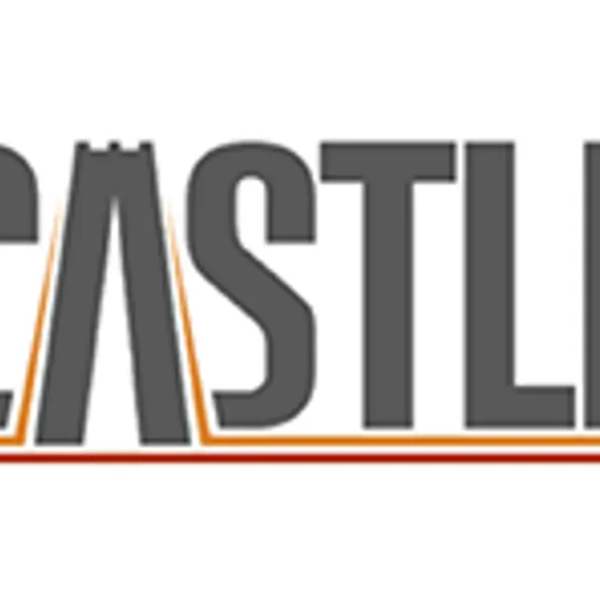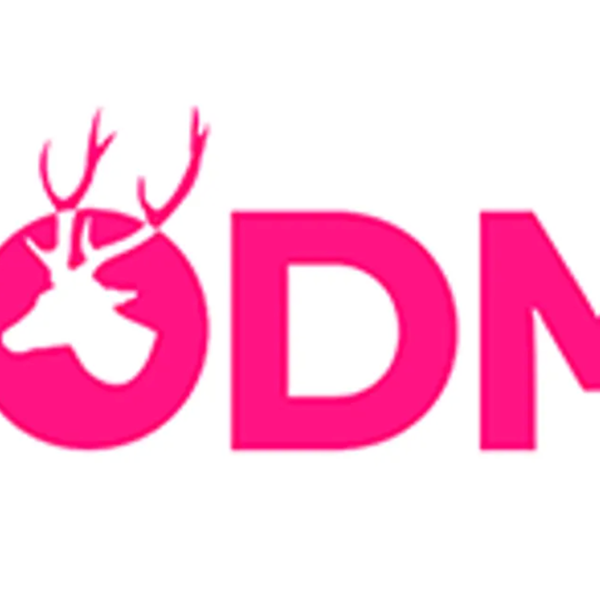Sunrun Tells Investors That a Recession Could Be Just Fine, Actually

The residential solar company Sunrun is, like much of the rest of the clean energy business, getting hit by tariffs. The company told investors in its first quarter earnings report Tuesday that about half its supply of solar modules comes from overseas, and thus is subject to import taxes. It’s trying to secure more modules domestically “as availability increases,” Sunrun said, but “costs are higher and availability limited near-term.”
“We do not directly import any solar equipment from China, although producers in China are important for various upstream components used by our suppliers,” Sunrun chief executive Mary Powell said on the call, indicating that having an entirely-China-free supply chain is likely impossible in the renewable energy industry.
Hardware makes up about a third of the company’s costs, according to Powell. “This cost will increase from tariffs,” she said, although some advance purchasing done before the end of last year will help mitigate that. All told, tariffs could lower the company’s cash generation by $100 million to $200 million, chief financial officer Danny Abajian said.
But — and here’s where things get interesting — the company also offered a positive spin on tariffs.
In a slide presentation to investors, the company said that “sustained, severe tariffs may drive the country to a recession.” Sounds bad, right?
But no, not for Sunrun. A recession could mean “lower long term interest rates,” which, since the company reliesheavily on securitizing solar leases andbenefits from lower interest rates, could round in the company’s favor.
In its annual report released in February, the company mentioned that “higher rates increase our cost of capital and decrease the amount of capital available to us to finance the deployment of new solar energy systems.” On Wednesday, the company estimated that a 10% tariff, which is the baseline rate in the Trump “Liberation Day” tariffs, could be offset with a half percentage point decline in the company’s cost of capital, although it didn’t provide any further details behind the calculation.
Even in the absence of interest rate relief, a recession could still be okay for Sunrun.
“Historically, recessions have driven more demand for our products,” the company said in its presentation, arguing that because their solar systems offer savings compared to utility rates, they become more attractive when households get more money conscious.
Sunrun shares are up almost 10% today, as the company showed more growth than expected.
For what it’s worth, the much-ballyhooed decline in long-term interest rates as a result of Trump’s tariffs hasn’t actually happened, at least not yet. The Federal Reserve on Wednesday decided to keep the federal funds rate at 4.5%, the third time in a row the board of governors have chosen to maintain the status quo. The yield on 10-year treasuries, often used as a benchmark for interest rates, is up slightly since “Liberation Day” on April 2 and sits today at 4.34%, compared to 4.19% before Trump’s tariffs announcements.




